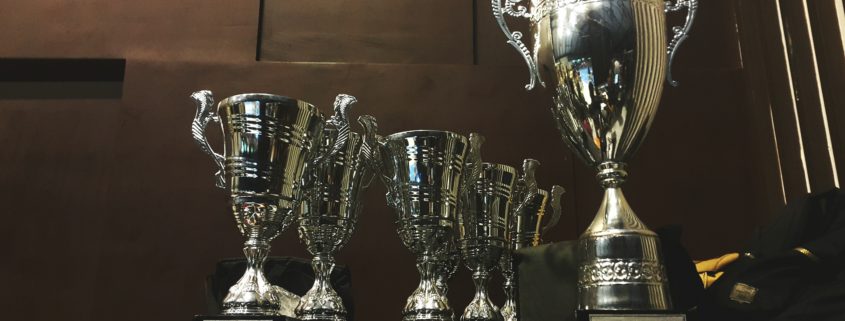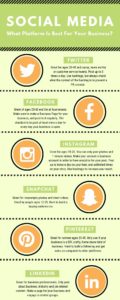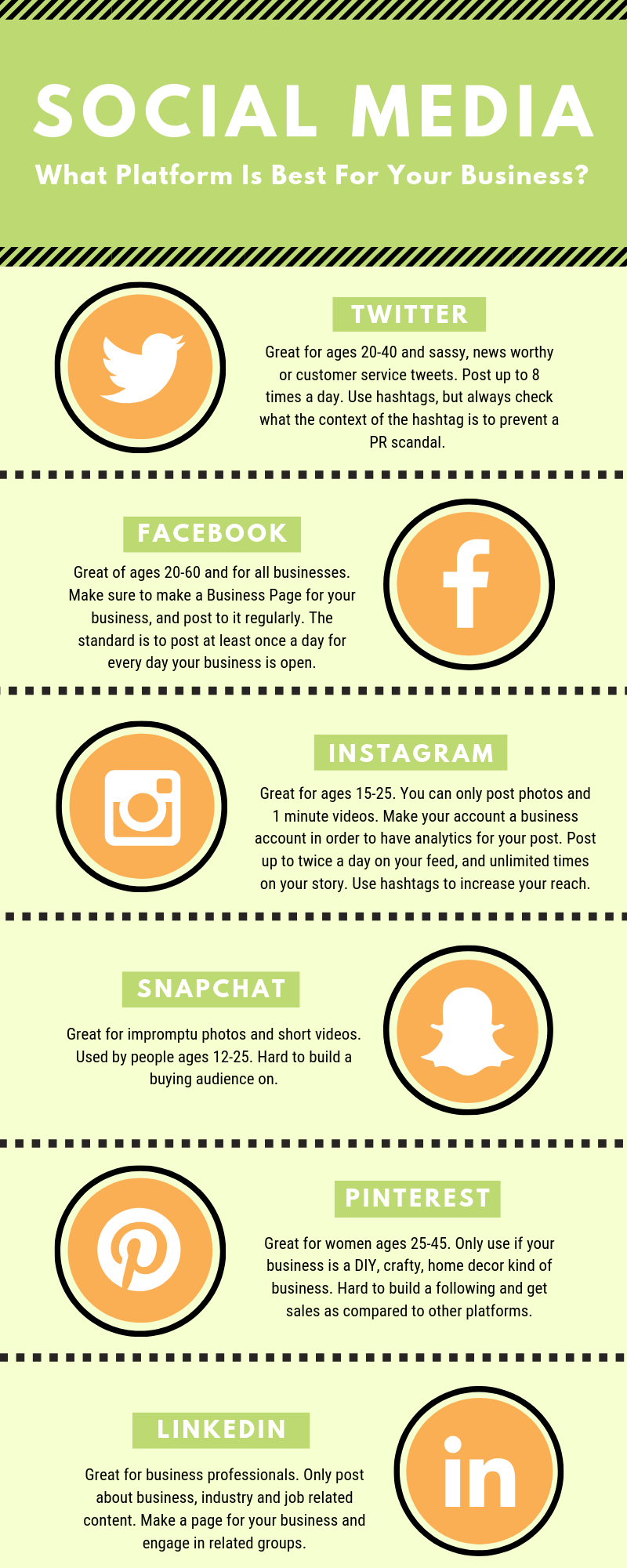11 Ways to Brag About Yourself in an Interview
Interviews are some of the most intimidating parts of the job searching process, especially when you are caught off-guard by an unexpected question. Here are some fool-proof ways to rock your next interview even when you do not know what questions to expect.
#1 Share a Story
Instead of giving straight facts about your experience, try telling a story. You can do this by giving the context around your experience, as much as is appropriate, and then explain how those factors affected your decision; or tell a story that shows your experience and skills. However you decide to tell it, be sure to stay focused on the main point so your listeners do not get lost in what you are trying to say.
#2 Show Gratitude for Your Past Success
If your success came because of an amazing mentor or supportive team, do not be afraid to say it. We all like someone who will give credit where it is due, and it shows that you recognize the people in your life who support you. This can be as easy as saying, “I was only able to do this because my exceptional team had my back.”
#3 Use Numbers to Show Off Your Skills
Do you know how many products you sold, or people you served on a daily or weekly basis? Do you have a good estimate of how much you improved a program? Use those numbers. Numbers that show your ability to improve a program, or just how much you can handle, is a great way to show off your skills, ability, and concrete applications of those skills. You will find the interviewer is far more impressed when you share the stats that prove you can do the job.
#4 Talk About Your Achievements
Did you do something amazing? Talk about it. You do not need to try to hide the fact that you went to an elite school, or won an award for excellent work, or created a really cool project. If they ask, they want to know. It is okay to be proud of your work, and to share that accomplishment with people who will appreciate it.
#5 Use Some Humor
Interviews do not have to be stiff, formal meetings. It is okay to crack a joke, or make a light-hearted comment. It will help you and the interviewer feel a little more comfortable. If you have a good moment to make a little joke, do not be afraid to.
#6 Focus on How Your Experience Relates to the Job Description
Before going into the interview, read over the job description again and think of ways you can directly tie your experience to the requirements. This is usually easy if you have previous experience in the field, but if you are changing industries this can help you get your foot in the door without needing extensive previous experience. No matter your situation, it is hard to think you are not qualified when you can prove how your past experience directly relates to the job description.
#7 Ask Others to Recommend You
Use recommendations from your coworkers, boss, or people working under you to help you shine. If you have an in with someone in the company, do not be afraid to ask them to put in a good word for you. We are more likely to like a person that someone we trust recommends.
#8 Avoid False Modesty, or Humblebragging
Many people have a bad habit of undermining themselves in an interview. You may start explaining your great experience and skills, and at the end say something to make it seem like it was not actually that impressive or important. This not only hurts your chances of getting the job you want; it also comes across as fake. Either you have the good experience or you do not. Which is it? You can still brag about yourself without having to undermine yourself. If you are afraid that bragging about your experience will make you sound like a jerk, practice interview questions with someone you trust and ask for feedback on how you come across. You will be surprised at how much you can brag about before you start sounding pompous.
#9 Get Straight to the Point
Try to say what you need to in the fewest words possible. You do not want to lose your listeners in a run-on sentence that does not clearly state your point, and you do not want to lose your train of thought because you accidentally went on a tangent. The clearer you can be, the better!
#10 Show That You Care
Throw in a few tidbits here and there to show that you know the industry, the company, and how it relates to your experience. This can be as simple as “I’ve noticed the products your company makes are widely used in industry. I believe I can help you expand further into that industry because of my past experience”
#11 Be Yourself
In the end, the most important tip is to be yourself. Some companies and jobs are just not for you, even if they seem amazing. It is better to be rejected after an interview because you do not fit well with company culture than to get the job, be miserable, and quit a few months later. There is always someone out there who will appreciate you for who you are and what you can do. So do not lose hope if the first few interviews do not work out.
Want more advice? Check out Monster’s Humble Brag Your Way to a New Job, or Business Insider’s 10 Ways to Talk About Yourself Without Sounding Like a Jerk








 .
.



